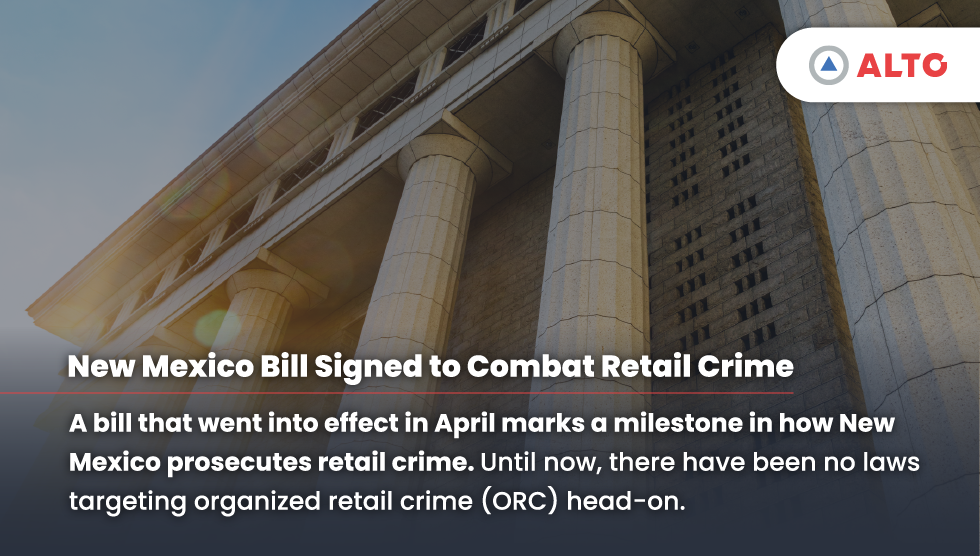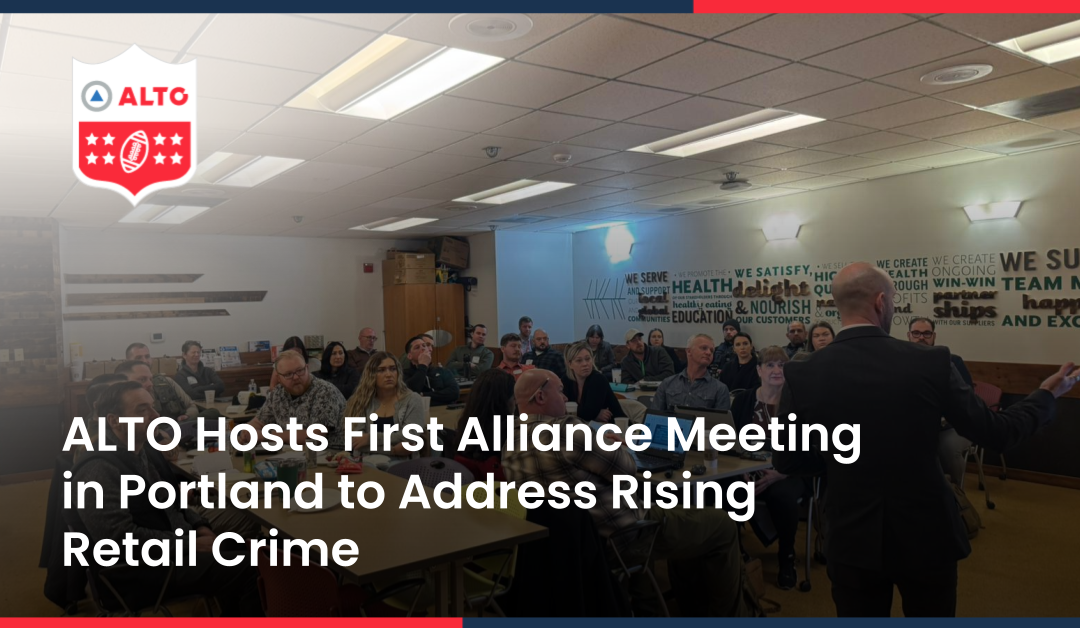What does this mean?
Prosecutorial agencies can now aggregate dollar amounts from multiple shoplifting incidents within 90 days into one charge, leading to harsher penalties for repeat offenders. In addition, venue is now proper in any jurisdiction in which merchandise was stolen, allowing prosecutorial agencies to select the ideal jurisdiction. Aggravated shoplifting is a third degree felony and occurs when someone assaults or strikes at someone with a deadly weapon immediately after shoplifting to retain stolen merchandise or effect an escape. Organized retail crime is a second degree felony and covers multiple scenarios. Essentially, this crime occurs when, for $2,500 or more of merchandise within one year, two or more people work together to steal with the intent to convert, otherwise obtain stolen merchandise with knowledge or belief that it is stolen, or help the other person steal. Organizing or managing those activities also falls under this crime. The penalties for shoplifting remain unchanged; however, case aggregation allows for defendants to be bumped into a more severe crime category.How does this benefit retailers?
One major benefit is increased accountability for repeat offenders because of aggregation. Offenders will no longer be able to steal just under the felony threshold and thereby avoid meaningful accountability despite numerous incidents within 90 days. The aggravated shoplifting crime fills a gap that was created by judicial interpretation. A higher New Mexico court had ruled that using force to retain stolen merchandise or escape was not robbery, meaning that the offender could usually only be charged with fourth degree felony assault instead of third degree felony robbery. Because aggravated shoplifting is a third degree felony, it solves that problem. The crime of organized retail crime will commensurately punish those who make a business, fund other illegal activities, etc. through shoplifting. Although this new law has no drawbacks, police and prosecutorial agencies will need to establish procedures for aggregating charges. This is not a drawback but rather a temporary administrative burden increase. This bill will lead to less repeat offenders through the threat of harsher penalties, longer incarcerations, and more opportunities for the government to mandate rehabilitation, leading to increased safety for retail workers, consumers, and ultimately communities.Trei Gilpin is a former prosecutor, a New Mexico Department of Public Safety professional lecturer, and the ALTO Staff Attorney for New Mexico.




